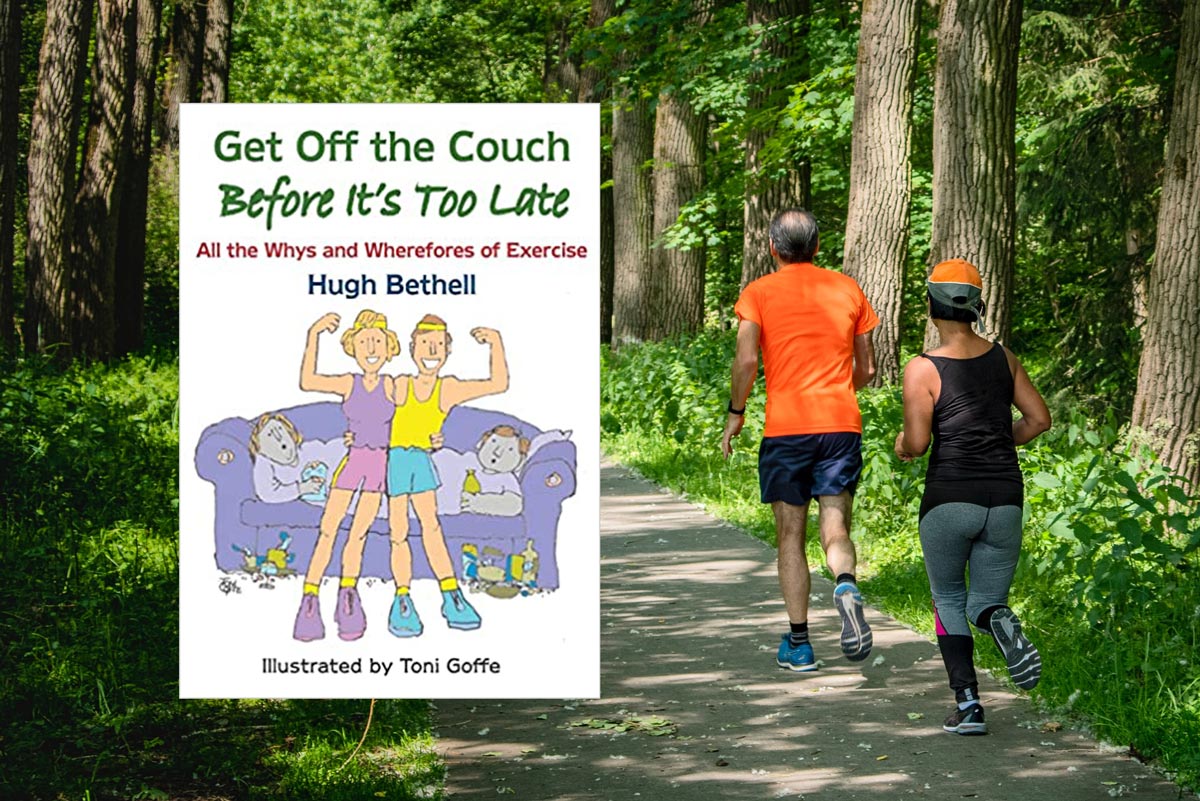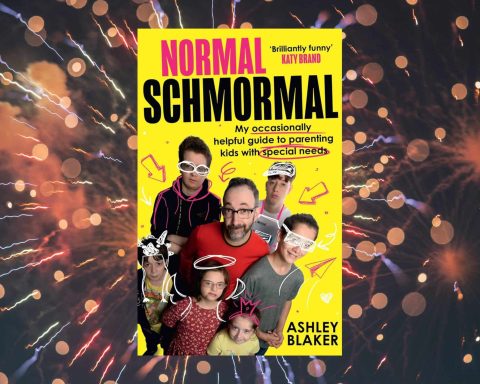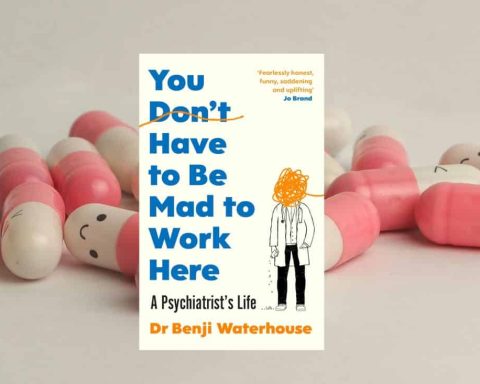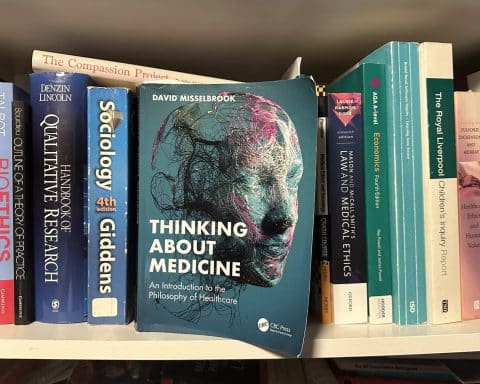
Exercise is good for you. We all know that. At 61 I can assure you for me that boat has already sailed. Some of you reading this may go out regularly in lycra but many of you like me will have led a life sitting at a desk for much of every day, only to travel wearily home and fall onto the sofa and then into bed. So it’s a bit late telling me now to go out and exercise, and anyway I hate exercise. I always have so, trust me, I won’t be reading any exercise books.
Well at least I wouldn’t have if it hadn’t been for the fact that my colleague was the author and my ego got the better of me when he asked me to proofread his first draft. Wow, was I in for a surprise.
Being a doctor I enjoy pretending to be more of a scientist than artist, so anything that can provide evidence is consumed voraciously. Although I knew exercise was good for you and spent a lot of time telling my patients to get out there and do that (which I’m too lazy to do), what I didn’t know was how good it was for you.
Hugh has always been a huge advocate of exercise and its benefits in promoting health and preventing disease.
Hugh Bethell, the author, is a retired GP who can be seen on regular occasions fleetingly as he runs past my window on his daily run. To be fair he has always been a runner, and now at nearly 80 bears testament to the benefits of keeping fit. Hugh has always been a huge advocate of exercise and its benefits in promoting health and preventing disease. In this book he has brought that message very tangibly to life in a readable evidence-based way that really after reading it, it is impossible to resist the invitation to do some exercise and reap the benefits.
What’s even better is that rather than laying down rigid exercise programmes that most of us will never achieve, he explains very clearly how to measure your activity and how much is required to reap health benefits. He gives credibility to activities like walking, gardening, and golf that many may overlook as ‘exercise’, and makes one realise that one doesn’t have to be a runner or a tennis player to benefit from physical activity.
While many of us are already aware that exercise is good at preventing heart disease, diabetes, obesity, osteoporosis, and the like, some lesser known facts are elucidated: for example, did you know, compared with those who did virtually no exercise those who performed light exercise had less than half the risk of developing dementia, while those that preformed moderate exercise had one third of the risk? And yes, Hugh actually explains very clearly in the book what counts as light and what counts as moderate so you know what you are aiming for.
Many of us know that the rate at which we age is related to the length of our telomeres, which are like little caps at the end of our DNA strands. I thought you got what you were given at birth and this was fixed in your genetic makeup. I didn’t know that regular exercise has an effect on telomere length, with a reduction in cellular ageing to be about 9 years in very active older people.
[The author] explains very clearly how to measure your activity and how much is required to reap health benefits.
Did you know physically active men and women have about a 30%–40% reduction in the risk of developing colon cancer compared with inactive persons and there is a dose response relation with the risk declining further at higher levels of physical activity? Physically active women have about a 20%–30% reduction risk of breast cancer compared with inactive women, and it appears that 30–60 minutes daily of moderate-to-vigorous intensity physical activity is needed to decrease the risk of breast cancer. If a pill came with this promise we would all be queuing up for it!
Although we all know exercise is good for mental health, did you know that moderate exercise is actually as effective for depression as psychological therapies or antidepressant drug treatment?
The risk of death increases for any sedentary time greater than 7 hours a day and this is even being labelled the name ‘sedentary death syndrome’. Despite the wealth of convincing and unexpected evidence about the benefits of exercise, this book provides not only a stimulating academic and personally useful read but is filled with very amusing and well-designed illustrations done by Toni Goffe, which bring a regular grin to the text.
This book not only provides advice about exercising, what to do, and how much and how often, but backs it up with convincing evidence as to why it is good for you to the point that actually it’s quite hard to feel comfortable not actually doing some.
… maximum benefit will be achieved by those who go from doing nothing to doing a bit [of exercise] …
But the best bit, the very best message in this book, that I think will motivate us all, which after all is why Hugh has written the book, is that the evidence shows maximum benefit will be achieved by those who go from doing nothing to doing a bit, and it is never too late to start accruing benefit. Of course the more you do the better, but for those of you like me who do very little it is not too late and any improvement will reap rewards.
Comeback boat I’m still in time to get on … now where did I put those walking boots?
Featured book: Hugh Bethell, Get Off The Couch Before It’s Too Late: All The Whys and Wherefores of Exercise, Alton: Timbers Publishing, 2021, £14.99, 978-1739965990.
Featured photo by Lucas van Oort on Unsplash.








